ENERGY
Germany: Leader in a global energy transition?
What lessons has Germany's Energiewende provided to countries hoping to shift their energy systems? Experts debated this, and whether Germany is still leading on clean energy, at the Energy Security Summit in Berlin.
Decades after Germany began its transition away from fossil fuels, the image of massive wind turbines dotting agricultural landscapes is commonplace. The country has been described as a global role model for changing towards a low-carbon energy system.
But in Germany's energy transition, or Energiewende, how transferable are the lessons learned, in particular to countries that are still developing their energy systems? And, in light of Germany being among the top soft coal-burning nations in the world, can the country still be considered an energy transition leader?
Environmental and industry experts sought answers to these, among other questions, at the Energy Security Summit in Berlin.
Decentralized grids, affordability advances
According to Bärbel Höhn, a Green party politician who heads up the environment committee in the German parliament, among the primary successes of the German energy transition for developing countries and emerging economies is that it has allowed more rural countries to develop decentralized energy grids.
"This contributes greatly to security and peace," Höhn pointed out - in the sense of both provision of energy supply and reducing dependency on foreign energy imports.
Höhn also emphasized how Germany's massive investments in renewable technologies benefit those countries now seeking to invest in renewable energy.
"We've taken on the work and covered the costs - and [other countries] can now enter with photovoltaic facilities that are 80 percent cheaper than what we had to pay," Höhn said at the summit.
Yet Michael Fuchs, economy and energy deputy of Germany's Christian Democratic Union party, criticized the high government subsidies behind Germany's transition: some 480 billion euros ($535 billion) over 24 years. "Citizens have to pay for that," he said.
The bridge quandary
Experts debated in particular the continued role of fossil fuels and nuclear in an energy transition.
Described as "bridge technologies" in the transition towards renewables, the duration of this transition and who picks up the tab continue to remain open questions.
Narendra Taneja, an energy specialist in India's ruling BJP party who was at the conference, said although India has put renewable energy at the top of its agenda, it would continue to develop oil, gas, coal, and nuclear - also to avoid new possible foreign energy dependencies.
Taneja described Germany as a possible "renewable energy Saudi Arabia - meaning that countries like India could be importing 50 or 60 percent of technology and expertise" from the country.
Fuchs said that to prevent fluctuations in the grid which could endanger energy supply, "We need to invest in storage capabilities." He pointed out increasing global energy demand as another reason to maintain fossil fuels and nuclear in the energy mix.
'Germany has a coal problem'
During the summit, Greenpeace International's Executive Director Kumi Naidoo issued a statement urging Chancellor Angela Merkel to stand behind a proposed coal levy, which would charge penalties for the oldest and most polluting coal-fired power plants.
Naidoo called lignite - also known as soft or brown coal - "the most climate-damaging of all energy sources. And not a single country in the world is burning as much lignite today as Germany," he said.
Not passing the coal levy, added Naidoo, put Germany's Energiewende in danger of getting off-track - in particular, by not attaining domestic climate goals of reducing greenhouse gas emissions by 40 percent from 1990 levels before 2020.
Naidoo emphasized the Energiewende as a model for how industrial countries can move toward energy security, and often touched on Merkel's "moral authority" as an environmental leader.
Jason Burdoff, director of the Colombia University Center for Global Energy Policy, agreed to some extent. "The path Germany is taking has been incredibly significant in demonstrating global leadership to help move the ball forward on reducing clean energy costs and building public support for climate action," Burdoff told DW.
But other countries will move forward with putting a price on carbon regardless of what Germany does, Burdoff added, pointing out how the United States Environmental Protection Agency has already passed rules preventing the building of new coal-fired power plants in the US. dw de
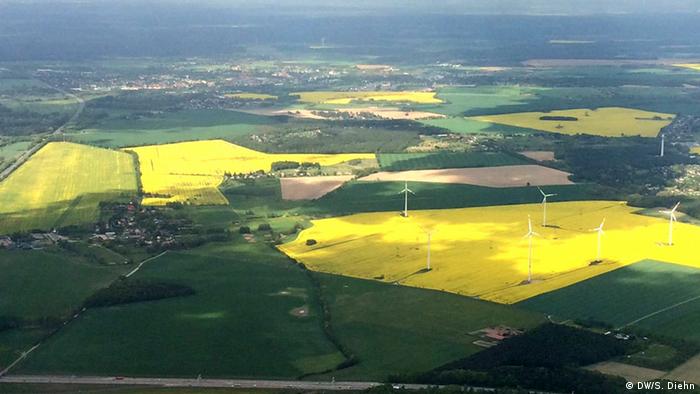
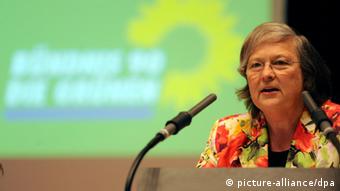
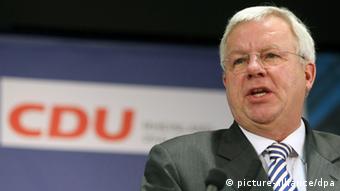
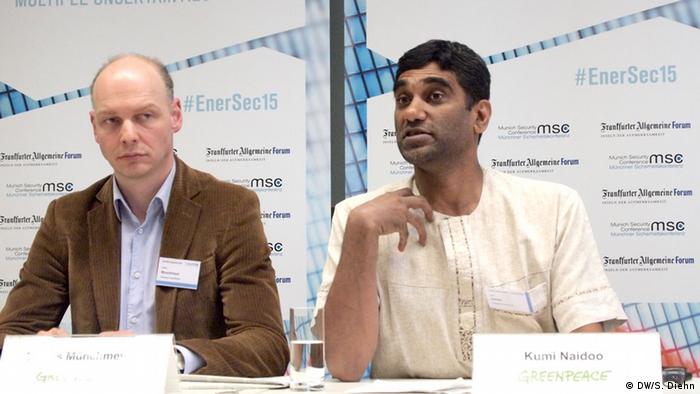
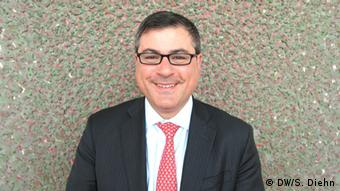

No comments:
Post a Comment